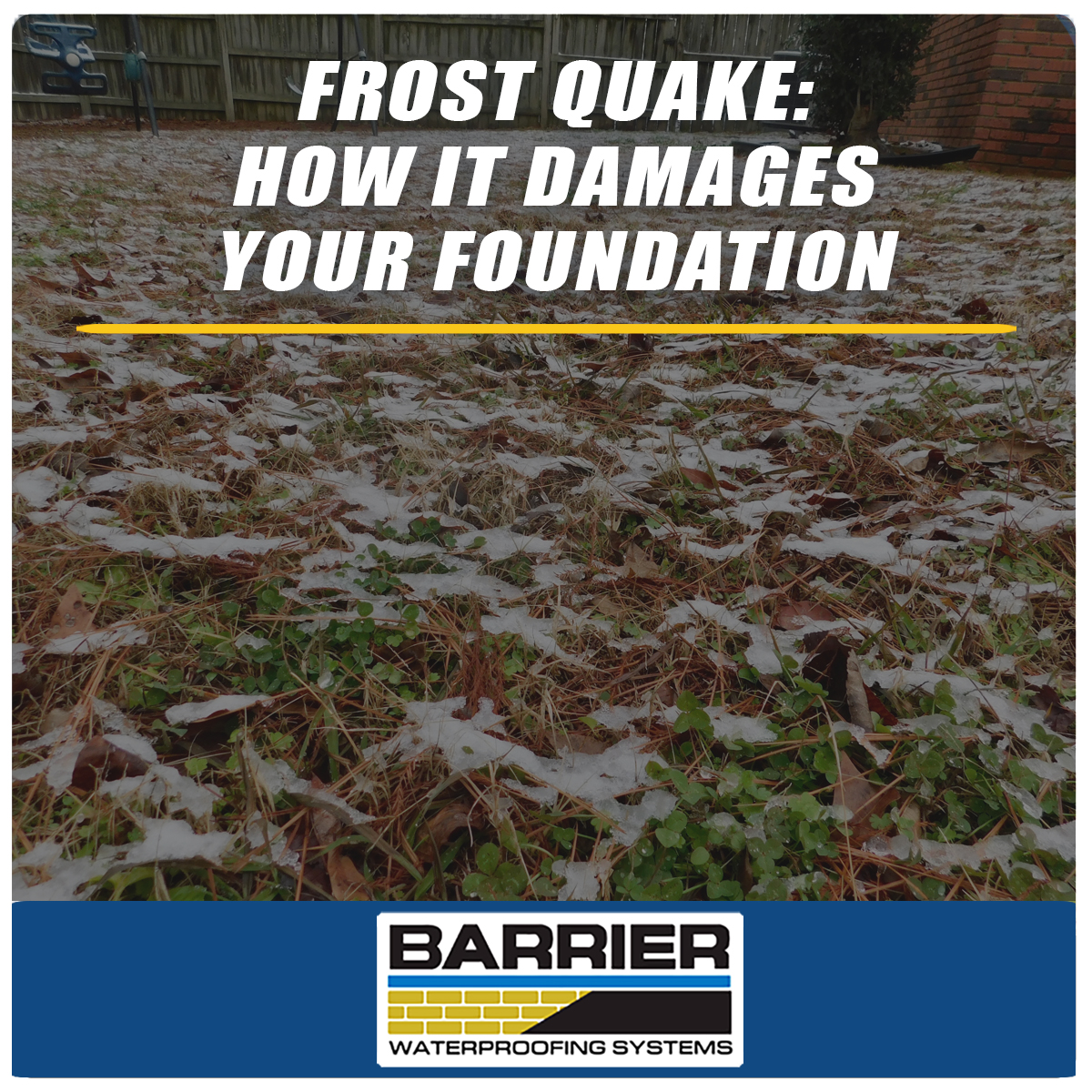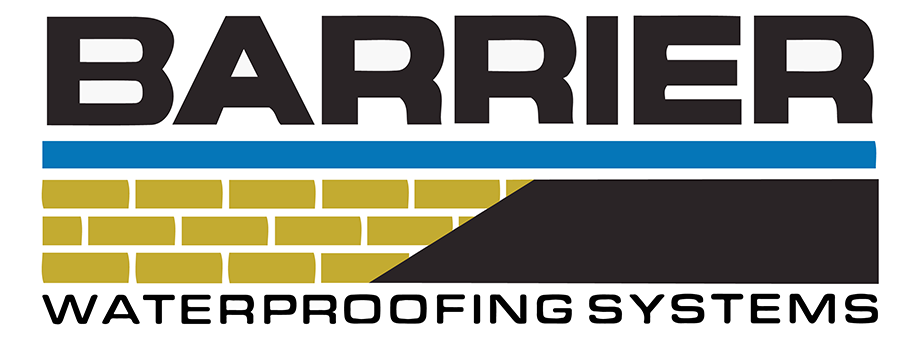There is a potential that the lowering temperatures in the next winter months will impact the foundation of your home. Maintaining the health of your foundation is critical to the stability of your house since the foundation supports the whole structure. Colder temperatures, which are frequent in Middle Tennessee throughout the winter season, can cause foundation damage in various ways. The following list describes these issues that can be caused for your foundation from frost quake activity.
Frost Heaving
The first potential concern in the winter is frost heave, particularly when the top-level soils around your home and foundation freeze and thaw. Moisture in the earth expands as the ground freezes, causing the concrete foundation above to heave. When the earth thaws, the soil shrinks, causing settling in the upper foundation. The freeze-thaw cycle can also generate upward suction during the winter, causing more water to accumulate near the foundation and placing additional strain on the concrete. These problems might cause the foundation to sag, sink, and crack. Homes built on silty soils are particularly vulnerable to these problems.
Pipe Freezing
If you let ice accumulate in your pipes, it may expand to the point where the pipes shatter or rupture. Pipes in your home that freeze can create both water and foundation concerns. Freezing pipes are caused by water leaks, deteriorated concrete (due to moisture exposure), mildew, and foundation fractures.
You may be in danger of pipe freezing if you have pipes that are directly or indirectly exposed to external temperatures, or if you have unprotected outdoor faucets.
Preventing And Rehabilitating Winter Foundation Problems In Tennessee Houses
Fortunately, there are techniques to keep cold weather frost quake from further causing damage to your foundation as well as repair any damage that occurs as a result. The lists below includes advice on safeguarding your home from cold-weather foundation damage.
How To Prevent Frost Heave Problems
• Use Proper Water Drainage
Complete water management systems reduce the amount of moisture accumulated around your property. Interior and exterior waterproofing, basement waterproofing, French drains, sump pump systems, and surface drainage are all part of these systems.
• Insulate Your Foundation Walls
Insulating your foundation walls will keep moisture in the concrete from freezing and expanding, causing fractures and other frost-related damage.
• Replace Soil Around Your Home
Filling around your home with more porous soils will also enhance drainage and lessen the impacts of frost heave, helping to safeguard your foundation during the winter months.
How To Prevent Pipe Freezing Problems In Middle Tennessee
• Cut Off Exposes Pipes/Faucets
Ensure unneeded pipes are shut off and drained so that water resting inside them does not freeze and expand.
• Seal Leaks Around Pipes
Sealing leaks around pipes keeps cold air out, reducing the likelihood of the pipes freezing.
• Insulate Pipes
Insulating pipes or the crawlspace, basement, or attic where they are located can also assist raise the temperature of the water in the pipes and prevent them from freezing.
• Maintain A Warm Interior Temperature
Maintain a temperature in your home above 55 degrees Fahrenheit even when you are away. This decreases the likelihood of your home’s pipes freezing and exploding.
Barrier Waterproofing Systems will assist you if you encounter foundation damage in your Tennessee home this winter. We provide practical foundation repair solutions to level and stabilize your foundation, as well as water management alternatives to avoid moisture-related difficulties in the spring.
Please contact us as at (615) 257-1060 | (931) 536-1168 soon as you see any evidence of damage to prevent the problem from worsening.

